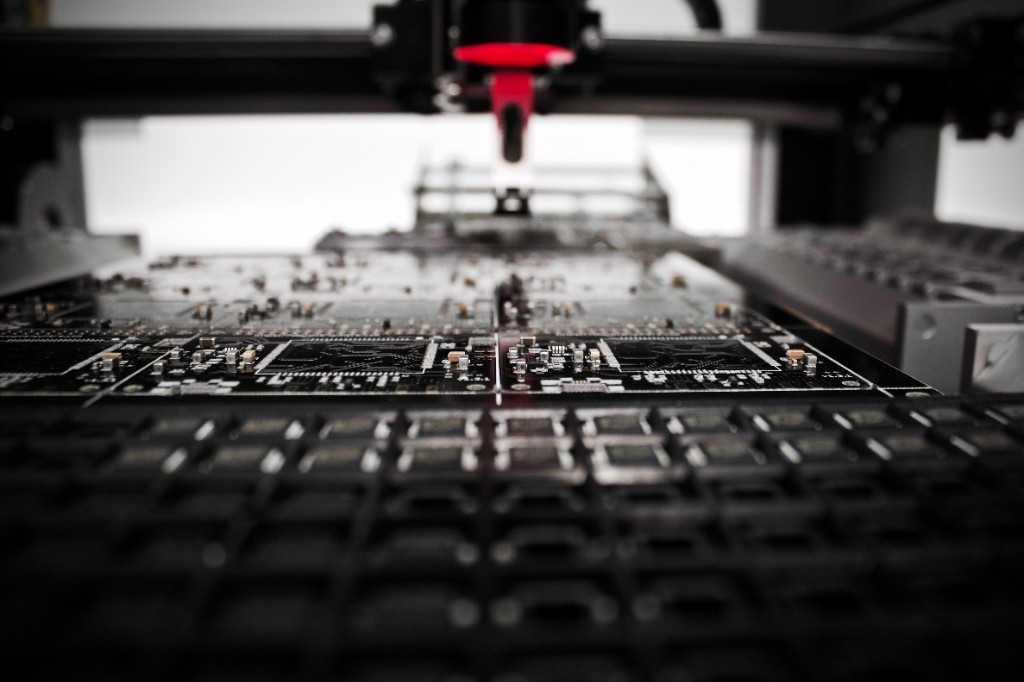In recent years, there has been a significant advancement in the field of Artificial Intelligence (AI) and Augmented Reality (AR). These technologies have become increasingly popular and have the potential to enhance virtual experiences in various fields such as gaming, education, healthcare, and...
Can AI Be Truly Creative? The Debate on Artificial Creativity

Artificial Intelligence (AI) has made significant strides in recent years, with advancements in machine learning and deep neural networks allowing AI systems to perform tasks that were once thought to be exclusive to human intelligence. However, one area that continues to spark debate is whether AI can truly be creative.
Traditionally, creativity has been considered a uniquely human trait, involving the ability to generate new and original ideas, solve complex problems, and produce artistic expressions that evoke emotions. Some argue that creativity is an inherent part of human consciousness and cannot be replicated by machines.
On the other hand, proponents of AI argue that creativity is not limited to human intelligence and can be achieved by machines through algorithms and computational processes. They believe that AI systems can analyze vast amounts of data, identify patterns, and generate novel ideas that meet certain criteria of originality and value.
One key aspect of the debate revolves around the definition of creativity itself. Is creativity simply the ability to generate something new, or does it require the presence of human emotions and intentions? Can a machine be truly creative if it lacks subjective experiences and the ability to appreciate the aesthetic value of its creations?
Another point of contention is the role of human involvement in AI-generated creative outputs. While AI systems can generate impressive pieces of artwork, music, or literature, they often rely on human programmers or artists to provide the initial data and set the parameters for creativity. This raises questions about the true autonomy and originality of AI-generated creations.
As AI continues to evolve and push the boundaries of what machines can achieve, the debate on artificial creativity will likely persist. While some may argue that AI can never fully replicate the depths of human creativity, others see the potential for AI to augment and enhance human creative endeavors. Ultimately, the answer to whether AI can be truly creative may lie in our evolving understanding of what it means to be creative in the first place.
Can AI Be Truly Creative?
The debate surrounding artificial intelligence (AI) and its ability to be truly creative has been a topic of great interest and controversy. While some argue that AI can never truly be creative due to its lack of consciousness and emotions, others believe that AI can indeed exhibit creativity in various forms.

The Argument Against AI Creativity
One of the main arguments against AI creativity is the notion that true creativity requires consciousness and emotions. Creativity, often seen as a human trait, is believed to stem from our ability to think, feel, and experience the world. AI, on the other hand, operates purely based on algorithms and data processing, lacking the subjective experiences that are thought to be essential for creativity.
Additionally, skeptics argue that AI can only produce outputs based on the data it has been trained on. It lacks the ability to generate truly novel ideas or concepts that have not been previously encountered. AI may be able to generate impressive imitations or remixes of existing art, but it is limited in its ability to come up with entirely new and original creations.
The Argument for AI Creativity
Despite these arguments, proponents of AI creativity believe that machines can indeed exhibit creative behavior. They argue that creativity can be defined as the ability to produce something new, valuable, and meaningful, regardless of the underlying process. If an AI system is able to generate novel and valuable outputs, it can be considered creative, regardless of its lack of consciousness or emotions.
Advocates also point out that AI can combine and remix existing ideas in unique ways, leading to innovative and unexpected results. AI systems can analyze vast amounts of data and identify patterns that humans may have overlooked, leading to new insights and breakthroughs. These capabilities can be especially useful in fields such as art, music, and design, where AI can generate new and inspiring works that push the boundaries of human creativity.
Furthermore, AI can also collaborate with humans and enhance their creative abilities. By assisting humans in the creative process, AI systems can provide new perspectives, suggest ideas, and help overcome creative blocks. This collaboration between human and machine has the potential to unlock new levels of creativity that would not be possible with either one alone.
In conclusion, the debate on whether AI can be truly creative is still ongoing. While there are valid arguments against AI creativity, there are also strong arguments in favor of it. As AI continues to advance and evolve, it is likely that we will see new forms of creative expression emerge, challenging our preconceived notions of what it means to be truly creative.



